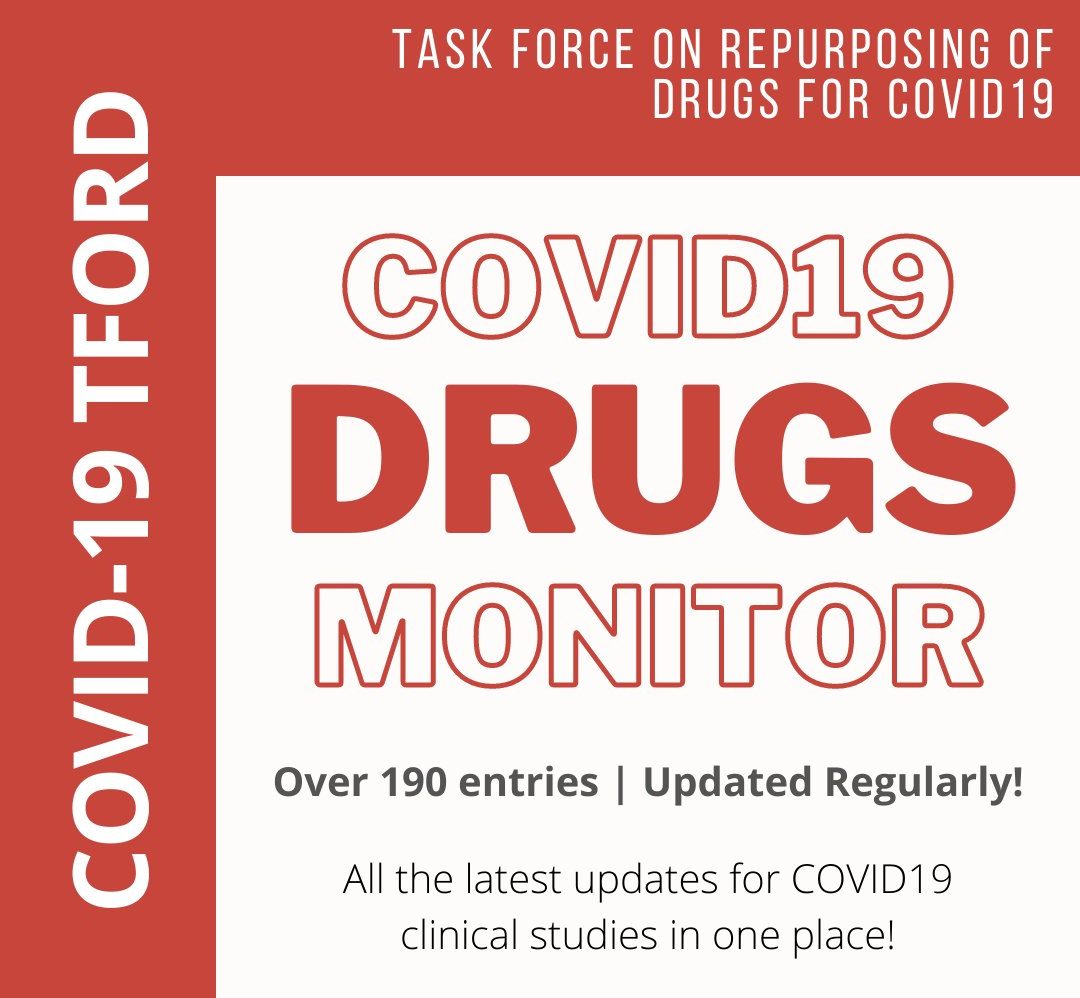(27 May 2021) Favipiravir- FPV early had an impact on PCR negativity
Benefits of treatment with favipiravir in hospitalized patients for COVID-19: a retrospective observational case-control study
https://doi.org/10.1186/s12985-021-01577-1
A retrospective observational case-controlled cohort study was performed between March and September 2020, including adults with COVID-19 in a single-center in Turkey. We categorized patients into age-sex matched three groups, group 1 (n = 48) and group 2 (n = 48) included patients treated with the combination of FPV plus Hydroxychloroquine (HQ) early and late, respectively. Group 3 (n = 48) consisted of patients on HQ monotherapy. In Group 2, if the respiratory or clinic condition had not improved sufficiently, FPV was added on or after day 3. We found that starting FPV early had an impact on PCR negativity and the progression of the disease. ‘No progression’ was defined as the absence of a new finding in the control radiological examination and the absence of accompanying clinical deterioration. Also, the decrease in C-reactive protein (CRP) was greater in Group 1 than Group 3 (p < 0.001). However, we found that early initiation of FPV treatment did not have a positive effect on the estimated survival time. According to this retrospective study results, we believe that for better clinical outcomes, FPV treatment should be started promptly to enhance antiviral effects and improve clinical outcomes.
